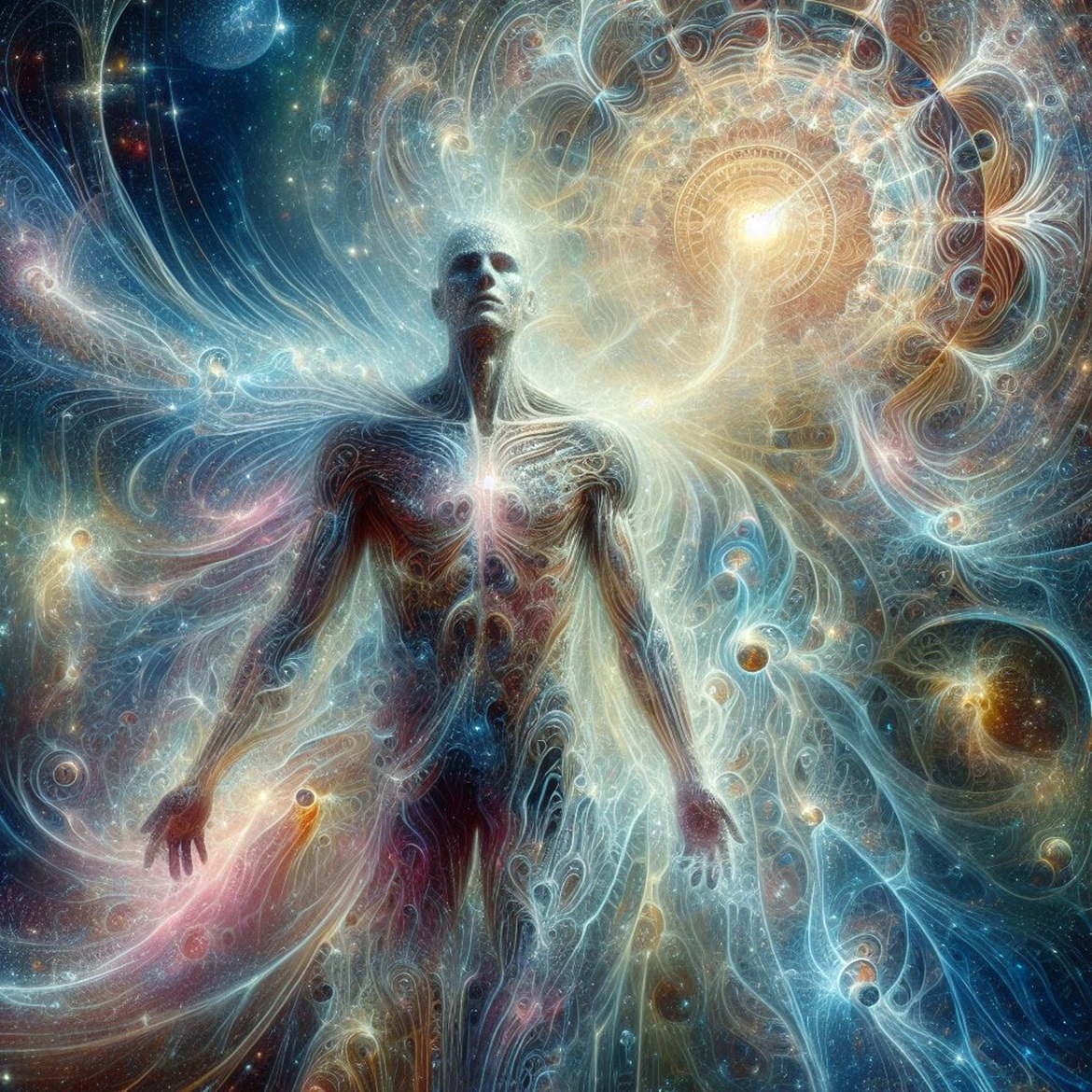The human mind is a profound mystery that has baffled philosophers, scientists, and spiritual seekers for centuries. One of the most intriguing questions about our existence is whether consciousness is a product of our physical brain or something more. In recent decades, the Central Intelligence Agency (CIA) has conducted research into altered states of consciousness through its Gateway Experience program. This program suggests that our consciousness is not a part of our body but rather an entity of its own.
The Gateway Experience: A Brief Overview
The Gateway Experience is a program developed by the Monroe Institute, a non-profit organization founded by Robert Monroe, an American businessman, and author who claimed to have experienced out-of-body experiences (OBEs). The program consists of a series of audiovisual exercises designed to induce altered states of consciousness, including OBEs, lucid dreaming, and deep meditation.
In the 1970s and 1980s, the CIA became interested in the Gateway Experience and its potential applications in the fields of espionage, mind control, and psychological warfare. They funded research into the program and even conducted experiments on their own personnel to explore its potential benefits.
What Does the Gateway Experience Teach Us About Consciousness?
The Gateway Experience’s core principle is that consciousness is not a product of the physical brain but rather an entity of its own. The program’s exercises aim to help participants separate their consciousness from their body, allowing them to explore different realms of existence and experience altered states of consciousness.
One of the most compelling aspects of the Gateway Experience is the consistent testimony of participants who report experiencing OBEs, lucid dreaming, and other altered states. These experiences suggest that our consciousness is not limited to our physical body and can exist independently of it.
The Nature of Consciousness: A Ghostly Being
The Gateway Experience’s findings align with the concept of a “ghost version” of ourselves. This idea posits that our consciousness is a separate entity from our physical body, stored in our brain but not considered a part of it. In this view, our consciousness is like a ghost, existing independently of our physical form and able to transcend the limitations of our body.
This idea has been explored in various spiritual and philosophical traditions throughout history. For example, in Hinduism, the concept of the “atman” (soul) is separate from the physical body, and upon death, it is believed to be reborn into another body. Similarly, in Plato’s theory of Forms, he posited that the physical world is merely a shadow of an ideal, perfect reality, and our consciousness is a part of this higher reality.
The Implications of a Ghostly Consciousness
If our consciousness is indeed a ghostly being, this has significant implications for our understanding of the human experience. It suggests that our physical body is merely a vessel for our consciousness, and upon death, our consciousness may continue to exist independently of our body.
This idea also raises questions about the nature of reality itself. If our consciousness can exist independently of our body, then what is the true nature of reality? Is it a physical construct, or is it a product of our consciousness?
Final Thoughts
The CIA’s “Gateway Experience” has provided compelling evidence that our consciousness is not a part of our body but rather an entity of its own. The program’s findings align with various spiritual and philosophical traditions that posit the existence of a separate, ghostly version of ourselves. If our consciousness is indeed a ghostly being, this has significant implications for our understanding of the human experience and the nature of reality itself.
The Gateway Experience offers a unique perspective on the nature of consciousness and provides a fascinating glimpse into the potential of altered states of consciousness. As we continue to explore the mysteries of the human mind, it is essential to consider the possibility that our consciousness is more than just a product of our physical brain.
